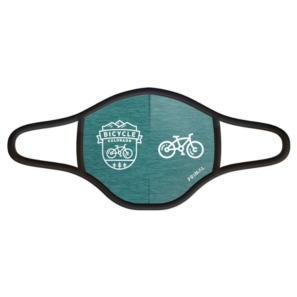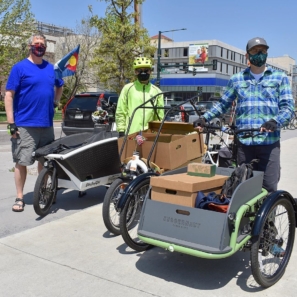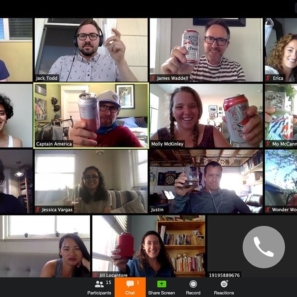What the 2020 legislative session meant for bicyclists
The 2020 legislative session will surely go down as one of the most unusual sessions in Colorado’s history, and certainly in our history advocating for better bicycling at Bicycle Colorado.
The session began on January 8 and was scheduled to run for the constitutionally-mandated 120 days until May 6, but that schedule was upended by the COVID-19 pandemic. On March 14, after being given the okay by the Colorado Supreme Court, the legislature officially went on hiatus in an effort to stem the spread of coronavirus.
When the legislative session resumed on May 25, the top priority for the remaining days was to get a balanced budget bill to the Governor’s desk by June 1 before tackling other remaining legislation that had been put on hold. Many legislators were asked to remove their own bills from consideration (including one that we had been working on—more on that below), resulting in a smaller load of bills for consideration in the final days of the session.
Following the return of the legislature, Americans witnessed the murder of George Floyd at the hands of police officers in Minneapolis. When protests about Mr. Floyd’s death reached the Colorado Capitol, legislators responded quickly with Senate Bill 217—the police accountability bill—which passed with bipartisan support. Shortly after, the legislature closed its doors for the year on June 15.
This session, we worked primarily to support two pieces of legislation aimed to protect bicyclists, and responded quickly to amend a bill that would have put bicyclists at extreme risk without changes. Read on for more information about each bill we worked on, where the bill ended up, and where we plan to go from here.
Senate Bill 20-061: The Bike Lane Bill
Bill sponsors: Senator Mike Foote; Speaker of the House K.C. Becker
Status: Signed into law by Governor Polis on March 20, taking effect on July 1, 2020. You can read the signed act here.
What the act does: SB 061 defines a bike lane in Colorado law for the first time, and establishes that bicyclists have the right-of-way in all circumstances when using a bike lane. It requires that drivers not drive in, idle in, or otherwise block the bike lane. Drivers or others who block the bike lane may be subject to a fine of $70 and 3 points of their license if caught blocking the bike lane, similar to other parking enforcement efforts around the state.
If a vehicle is blocking the bike lane and is the cause of bodily injury to a bicyclist, the driver of that vehicle is subject to charges of careless driving because of this law. In this case, drivers may lose as many as four points from their license.
“Bicycle lane” means a portion of the roadway that has been designated by striping, signage, or pavement markings for the exclusive use of bicyclists and other authorized users of bicycle lanes. “Bicycle lane” includes an intersection if the bicycle lane is marked on opposite sides of the intersection”
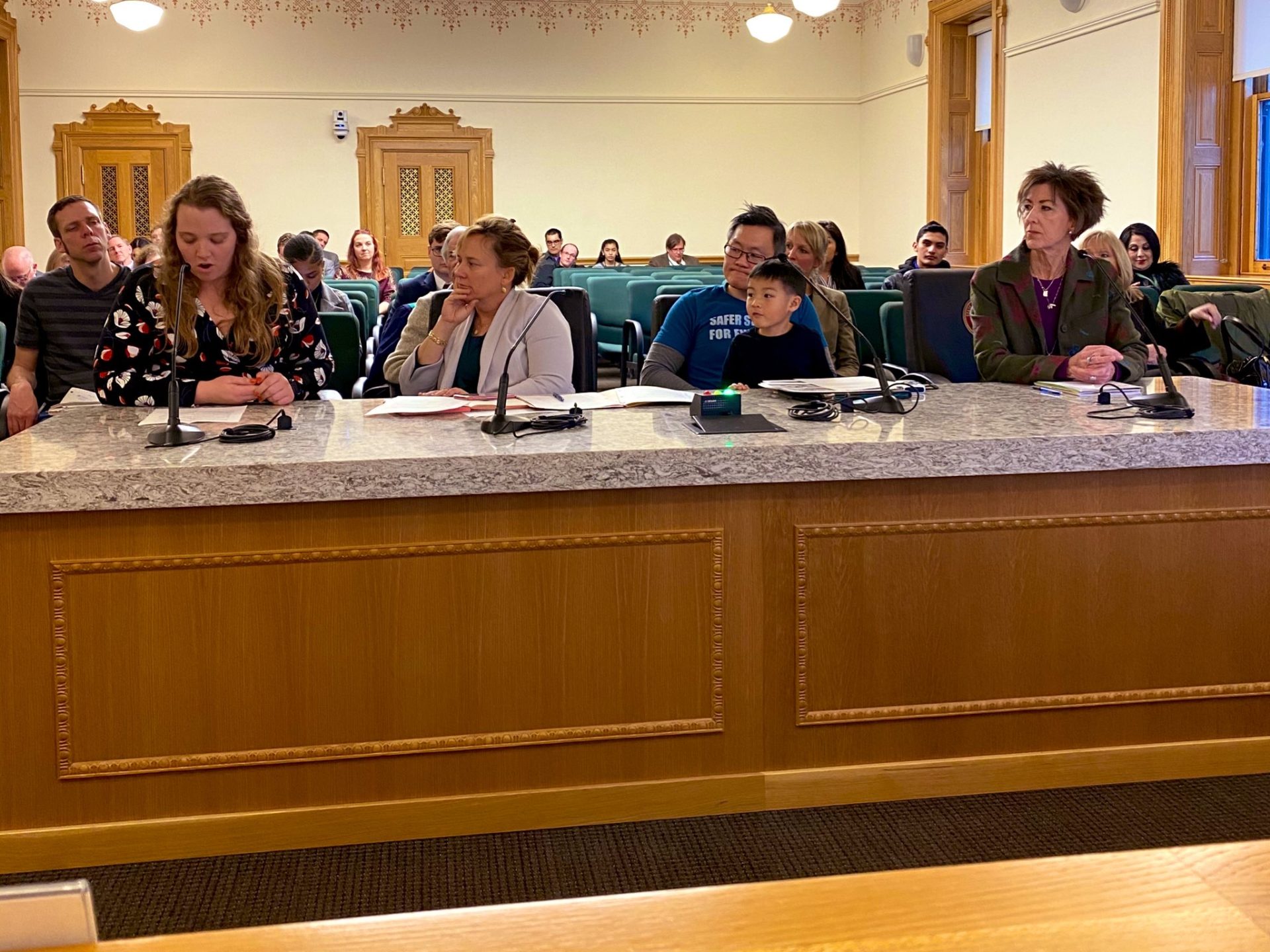
Bicycle Colorado’s Grassroots Advocacy Manager Molly McKinley
testifies on the Bike Lane Bill on February 20, 2020
The legislative process: The bill was heard by the Judiciary Committee in each chamber of the Colorado legislature. In the Senate Judiciary the bill passed by a vote of 3-2 before passing on the Senate floor with bipartisan support. In the House Judiciary the bill passed by a vote of 7-2 before receiving the support of nearly two thirds of the full chamber.
Senate Bill 20-065: The Handsfree Bill
Bill Sponsors: Senator Chris Hansen; Representative Dylan Roberts
Status: Withdrawn from consideration by Representative Roberts due to the COVID-19 crisis. You can read the most up-to-date bill text here.
What the bill does: The bill sought to reduce distracted driving on Colorado roads by requiring the use of “handsfree” devices such as headsets or Bluetooth in order to use a cell phone or other electronic device behind the wheel of an automobile.
It would have added fines and drivers found to have been using a mobile electronic device behind the wheel would have also been subject to having points removed from their licenses had the bill passed.
The legislative process: The bill successfully passed through:
- the Senate Transportation & Energy Committee by a bipartisan and unanimous vote of 5-0
- the Senate Appropriations Committee by a bipartisan vote of 9-1
- the Senate floor by a bipartisan vote of 25-9-1
Following the COVID-19-caused legislative hiatus, the bill was withdrawn from consideration by bill sponsor Representative Roberts. It was “postponed indefinitely” by the House Transportation & Local Government Committee on May 27 by a bipartisan vote of 11-0
Next steps: As we noted in our statement on social justice in bike advocacy, the murders of George Floyd, Breonna Taylor, Ahmaud Arbery and countless others at the hands of police have made clear to us that enforcement-based legislative strategies put communities of color at risk of profiling and escalated interactions with police officers.
We know we must to pursue strategies that don’t involve officer-initiated policing to achieve our goals of safer roadways for everyone who uses them. We are actively discussing alternatives to how we approach distracted driving. Alternatives include:
- broadening where automated enforcement technologies can be implemented—these technologies don’t require a physical police presence to discourage dangerous behavior
- network-level distracted driving legislation that would require cell phone providers to shut off phones when their operators are known to be driving
Until now we have made calculated decisions to support policies to protect bicyclists by means of enforcement on drivers. Traffic violence is a public health epidemic, we know that, but we cannot ignore the epidemic of police brutality on people of color as we seek to support our cause. We will continue to fight for policies that improve roadway safety while doing everything in our power to ensure communities of color, bicyclists or not, aren’t subject to more—and escalated—interactions with police because of our actions as advocates.
These are two alternatives to handsfree legislation, but not the only ones. We have reached out to the bill sponsors to understand their thinking moving forward, and will keep our members and supporters informed as these conversations progress.
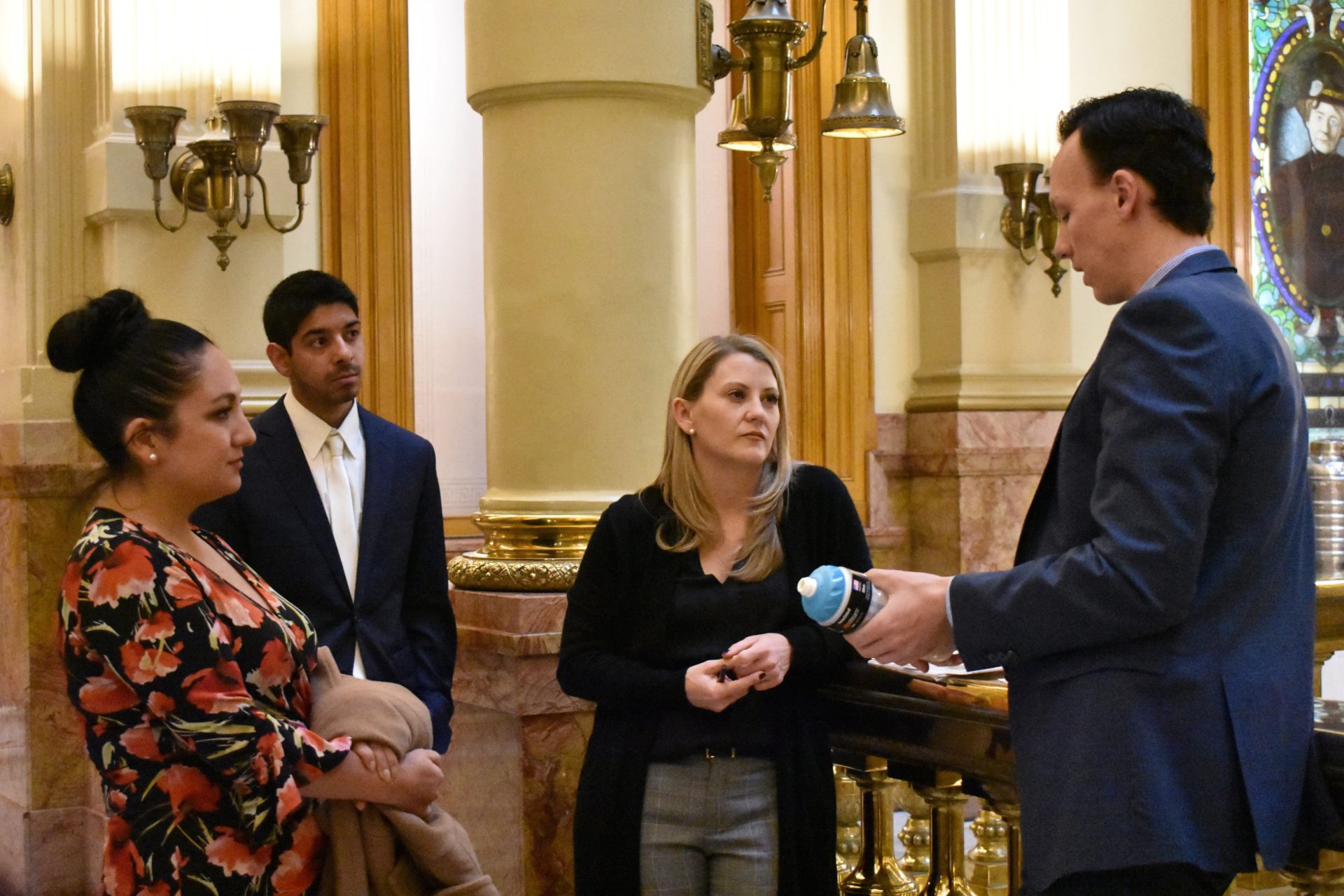
Representative Dylan Roberts chats with constituents about bike safety at our
Safe Streets Day at the Capitol event on January 23, 2020
House Bill 20-1178: The Speed Bill
Bill Sponsors: Senator Jerry Sonnenberg; Representative Richard Holtorf
Status: Signed into law by Governor Polis on March 27. You can read the signed act here.
What the act does: This act requires the Colorado Department of Transportation (CDOT) to conduct a study of rural highways and make recommendations of highways where they could raise the speed limit “without endangering public safety.”
The legislative process: At Bicycle Colorado, we believe any hike in speed limits presents a danger to public safety. When we first heard about HB 1178, we knew we needed to act to ensure that bicyclists and other vulnerable road users were considered in any study that raises speed limits, so we worked to draft an amendment to do so. Prior to our efforts, the bill mandated that CDOT consider the following when conducting this study and recommending highways for speed hikes:
- Whether the portion of highway is predominantly straight
- The quality of the surface portion of the highway, including whether the portion of highway has been resurfaced recently
- The presence of absence of adequate spacing along both sides of the portion of highway to allow a vehicle to safely pull over to the side of the highway
- Any other safety concerns that the department, in its discretion, includes in the report
There were no guarantees that bicyclists would be considered in this study, and we ensured they would be by asking bill sponsor Senator Sonnenberg to mandate that “the safety of vulnerable road users who use the portion of highway” be considered in any study as well.
Bicyclists from around the globe flock to Colorado for our scenic rural road riding. Our safety must be considered in any conversation involving those rural roadways discussed in this bill. The bill passed the House Transportation & Local Government by a vote of 11-0, the Senate Transportation & Energy Committee by a vote of 5-0, and both chambers of the legislature with bipartisan support before making its way to the Governor.
Next steps: We plan to work with legislators and CDOT officials to ensure that bicyclists have a seat at the table when discussing raising speed limits on rural highways and elsewhere. We support efforts to reduce speed limits around the state like those recently approved in Boulder, and will continue to prioritize speed-calming efforts moving forward.
While the legislature has wrapped up its work for 2020, our policy team continues to work with state agencies and local communities to improve safety and accessibility for bicyclists across Colorado. We look forward to returning to the Capitol in 2021 with fresh ideas about how we improve roadway safety and protect people who ride bikes for recreation and transportation, by choice or by necessity.
If you want to be involved in shaping our legislative work moving forward, join or renew as a member of Bicycle Colorado today and reach out to Senior Communications and Policy Manager Jack Todd to get involved in the conversation. You can reach Jack at jack@bicyclecolorado.org.
Leave A COMMENT
Our twitter feed is unavailable right now.
The Latest News
view all- Mar 22, 2024
- by Bicycle Colorado
Why Colorado Should Pass SB24-065 To Reduce Distracted Driving
- Advocacy Issues,
- Bicycling in Colorado,
- Bike Law,
- Get Involved,
- Laws & Funding
- No Comments






